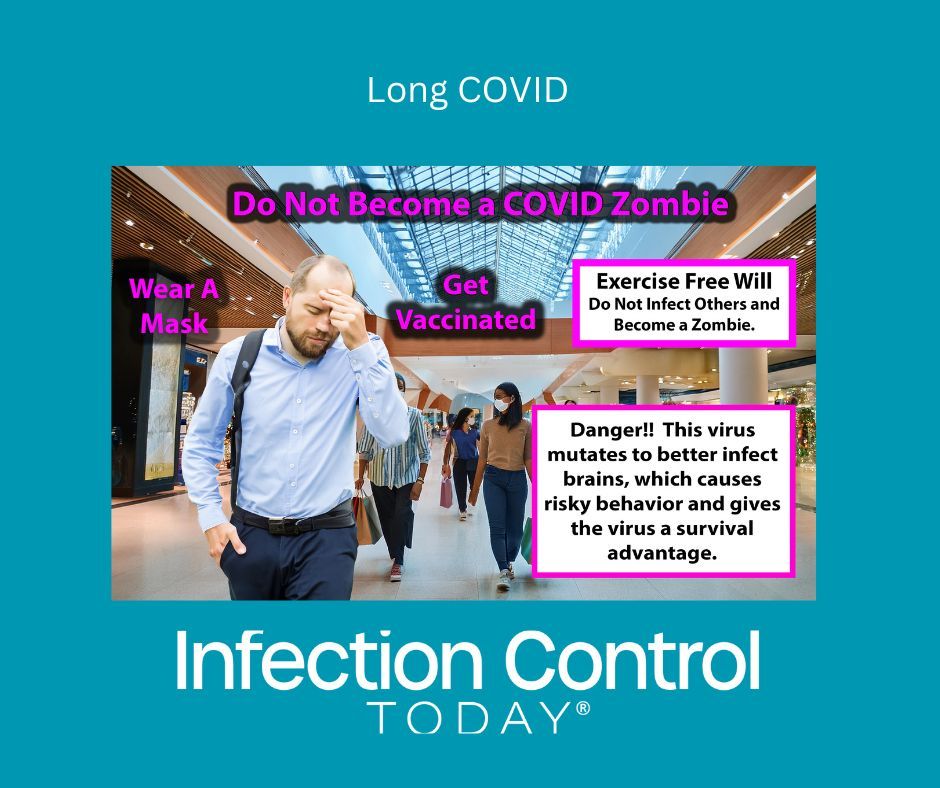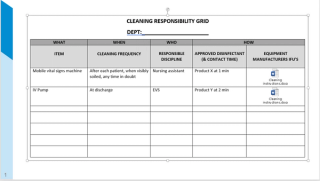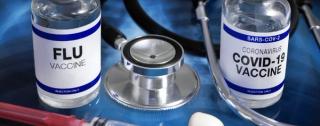
Personal Protective Equipment
Latest News

Latest Videos

CME Content
More News
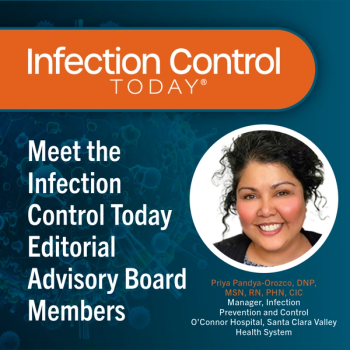
Meet the experts shaping infection prevention: Infection Control Today's Editorial Board members share insights, experiences, and cutting-edge strategies to enhance health care safety and quality. Meet Priya Pandya-Orozco, DNP, MSN, RN, PHN, CIC.

Use this handout to explain the basics of why infection prevention and control and antimicrobial stewardship are essential and how the 2 fields must have a unified approach to patient and staff safety

Nurse practitioner (NP) and Physician Assistant (PA)-led practices offer autonomy, flexible schedules, and smaller patient loads, which could help mitigate burnout while reducing pressure on traditional healthcare systems and improving infection prevention.
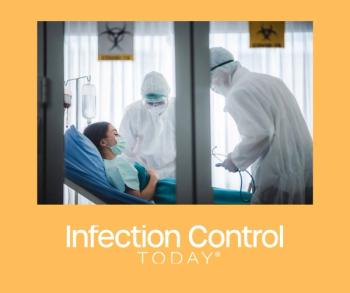
Isolation rooms are essential for infection control in health care, relying on specialized design, advanced cleaning protocols, and technology to prevent cross-contamination and safeguard patient safety.
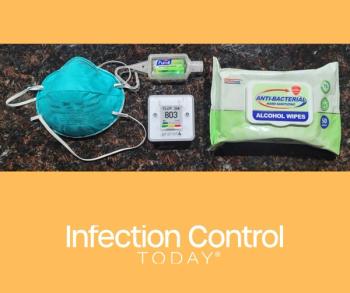
Immunocompromised patients face heightened risks during medical visits. To ensure safer health care appointments, prepare by understanding COVID-19 transmission, masking, ventilation, and exposure.

A recent study explores individual, organizational, and environmental factors influencing home care providers' adherence to facial protective equipment (FPE) to improve future pandemic preparedness.
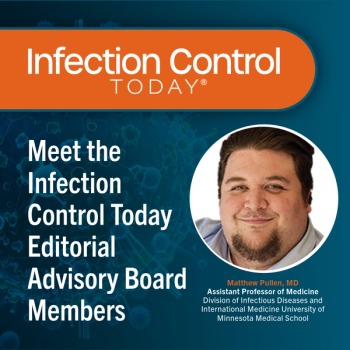
Meet the experts shaping infection prevention: Infection Control Today's Editorial Board members share insights, experiences, and cutting-edge strategies to enhance health care safety and quality. Meet Matthew Pullen, MD.
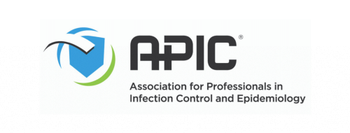
Learn about the new Recertification option for the a-IPC certification, and the APIC's Emerging Infectious Diseases Task Force, and the Mpox Playbook.

As influenza and COVID-19 circulate in long-term care facilities, prompt testing, isolation precautions, and antiviral treatments are crucial for preventing outbreaks and protecting vulnerable residents.
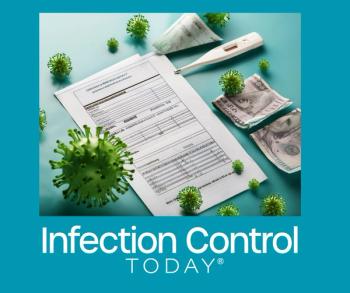
Infection control policies significantly impact laboratory billing, from coding and documentation to reimbursement rates. Labs must adapt to remain compliant, streamline billing, and ensure accurate compensation.

Take 5 minutes to catch up on Infection Control Today’s highlights for the week ending September 6, 2024.

The FDA's 21 CFR Part 820 and ISO 13485 are crucial in regulating medical device quality systems. Harmonizing these standards by 2026 will streamline compliance, improve patient access to devices, and align US regulations with global practices.

Read this informative article on mitigating central line-associated bloodstream infections (CLABSIs) in acute care settings, which is crucial for enhancing patient safety.

Enjoy this first installment of The Long-Term Care Chronicles With Robbie Hilliard, MSN, RN CIC, a column about managing special infection control situations in the long-term care patient population. This installment is about when 2 experts conflict about best care.
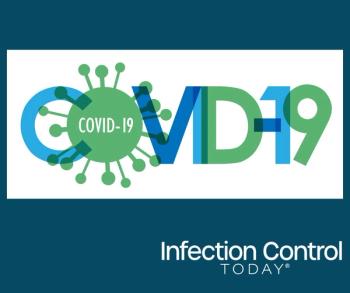
The 2024 surge in infectious diseases like mpox, measles, and meningitis demands a paradigm shift in control strategies, emphasizing expanded expertise, improved airborne precautions, and rethinking cost-effectiveness in healthcare to prevent future outbreaks and protect public health.
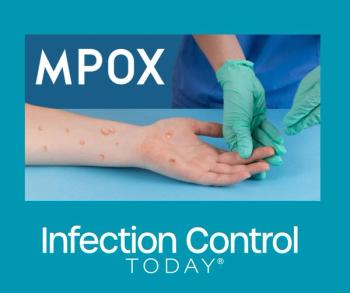
As infectious diseases resurge in 2024, this article explores how IPs can manage outbreaks, allocate resources, use technology for surveillance, and collaborate with senior leaders to ensure business continuity and patient safety in health care settings.

The US faces an H5N1 outbreak affecting dairy cattle, poultry, and humans. Cases are rising, highlighting potential pandemic risks and the need for vigilant monitoring.

In an ICT® interview, Dr. Hudson Garrett emphasized double-gloving in infection control as crucial for protecting health care workers and patients, especially in high-risk environments.
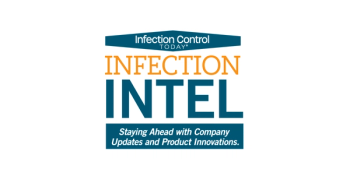
Jackie Otero, senior territory sales representative at Abatement Technologies, discusses the SHIELD WALL modular containment system by Abatement Technologies, highlighting its quick assembly, durability, noise reduction, and benefits in maintaining indoor air quality in health care settings.
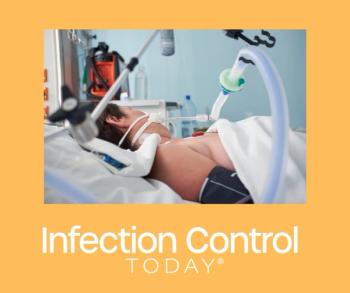
Pneumonia, a leading cause of death from health care-acquired infections, can be prevented through oral care, especially in nonventilator hospital-acquired pneumonia (NV-HAP) cases.

Welcome to Pathogen Pulse with Isis Lamphier, MPH, CIC. This edition is about H5N1. H5N1 bird flu has spread to dairy cattle across multiple states, posing new risks through unpasteurized milk and contact with infected animals.

Communal dining in LTC facilities enhances social interaction and nutrition but requires infection prevention measures to protect residents from risks like gastrointestinal and respiratory infections.

Balancing personal struggles and professional responsibilities during crises requires self-awareness, self-compassion, healthy boundaries, and support networks. Embrace these strategies to navigate and overcome challenges.
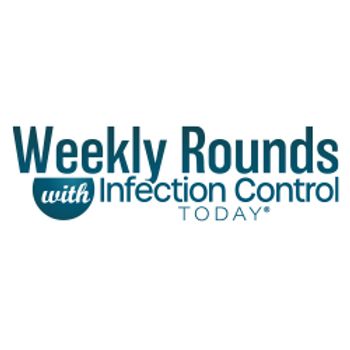
Take 5 minutes to catch up on Infection Control Today®’s highlights for the week ending July 20, 2024.
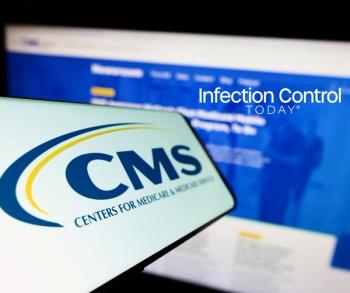
Check out Infection Control Today's PowerPoint that explains updates to the long-term care enhanced barrier precautions (EBP) requirements from the CMS.



